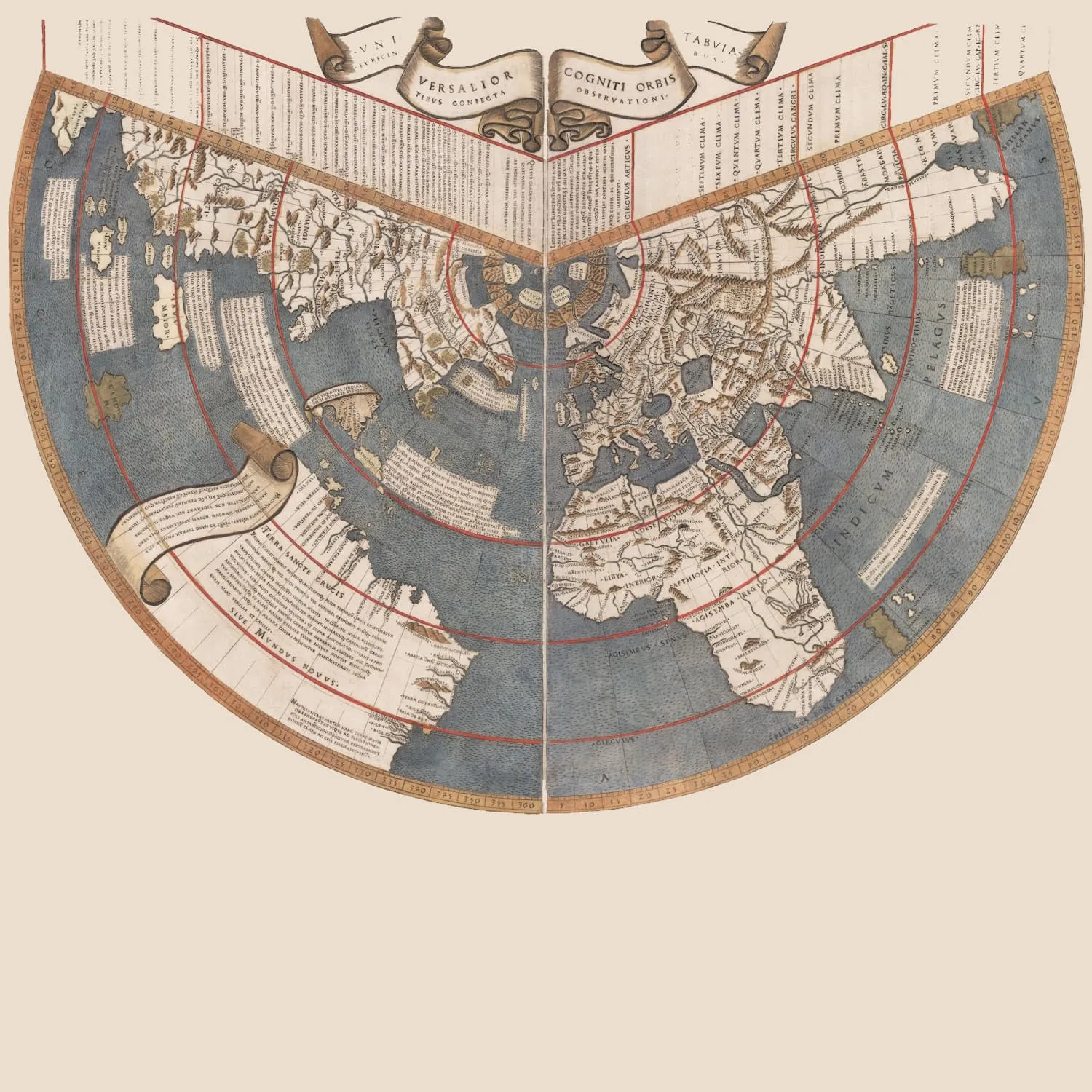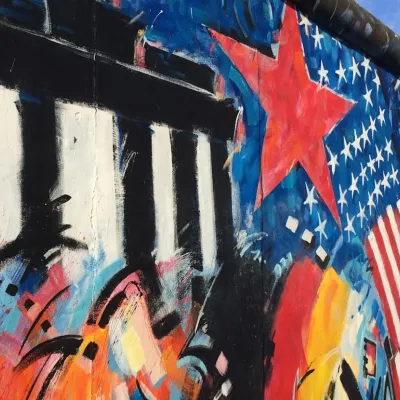More about the course
So it is a popular subject for both students and employers: our history graduates go into business, finance, consultancy, journalism, advertising, law, government service, teaching and research – any career which needs adaptability, clear thinking, and problem-solving. Christ Church has one of the largest history groups in Oxford, and it is exciting to be part of it. We admit twelve new students each year – producing a lively, varied, interactive set. We have three specialist college tutors and so, together with the college lecturer, we can teach a large part of the syllabus in college, and offer close personal attention. We have an outstanding history collection in the college library, and funds to help with research projects and discovery trips. And, of course, historians share in all the other benefits of a large, attractive, and well endowed college.
History combines well with other subjects and Christ Church welcomes applications for Ancient and Modern History, History and Modern Languages, and History and Politics.
View a list of our academic teaching staff
Faculty website:






